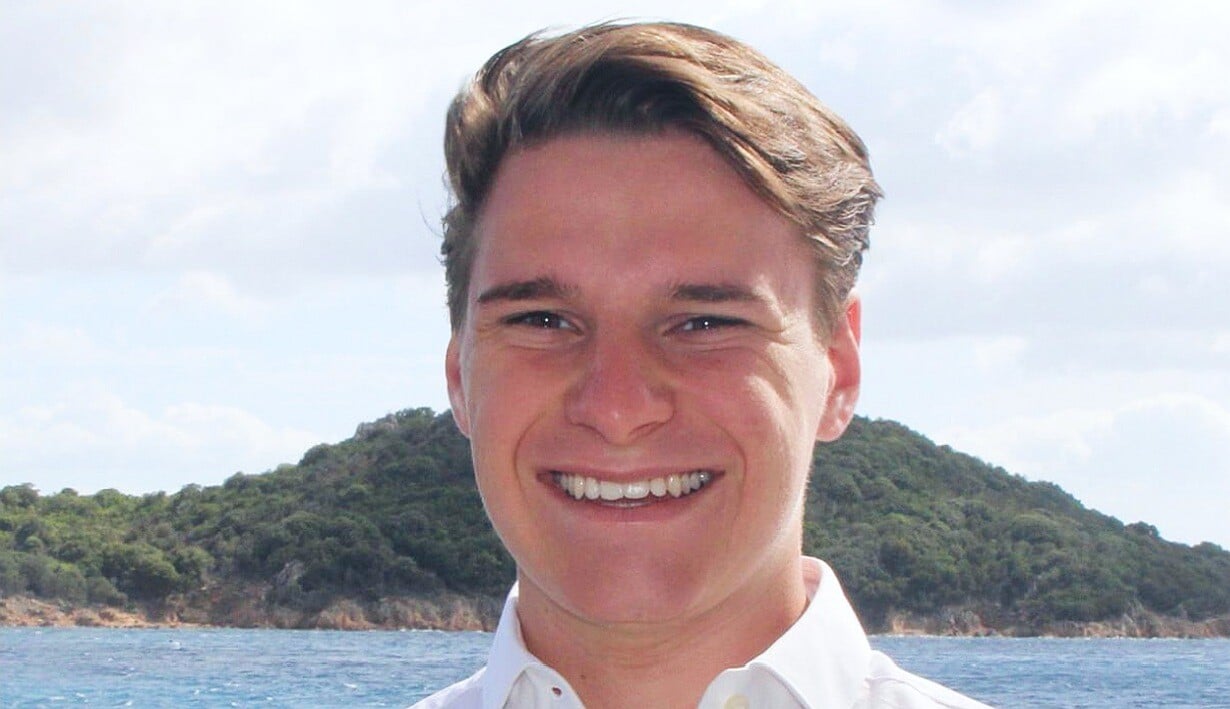How did you accept the offer to return to Cannes after so many years?
I thought it was a joke, I didn’t understand what I would do here after so many years. Only here did I learn from the director of the National Film Archive, Michal Bregant, that this was the wish of Vojtěch Jasný (he died on November 16, 2019 at the age of 93), who wanted the film When the Cat Comes in Cannes to be re-released. .
–
And I realized that Jasný was an extremely special personality. I sometimes felt like he was organizing another life outside of us.
–
We never wrote to each other, but once it was hard for me in my life, I suddenly got a look from him, a cat with a pipe and the words God protect you, Emilka. As if he knew I was sick.
–
Do you still remember the memories of Cannes 1963?
Of course. It’s all completely different here, but when we walked around Croisette and walked around Martinez, where we lived then, everything seemed to come back. Those memories are very vivid, among other things, because I had a hard time here.
–
We were at dinner, we had mussels, and I, because I didn’t drink alcohol at the time, drank them with warm juice. And at four in the morning I woke up and thought I was dying, that I was poisoned. They took me to the hospital. None of this was, but you can’t forget it.
–
However, the vast majority of those memories are beautiful, then the Czech new wave began, Vojtěch Jasný liked it here, it was a great glory. Six years later, in Cannes, he received the Best Director Award and special recognition from the Technical Commission for All Good Natives.
–
How do you remember shooting with Jan Werich, Vlastimil Brodský, Jiří Sovák, Vladimír Menšík, Jiřina Bohdalová and others?
It was wonderful with all of them, it’s an unforgettable generation of actors. I belonged more to children on set, but nevertheless a friendship developed between us, which we maintained for a long time. Also thanks to the fact that the Slovak National Theater, in which I have played all my life, toured in Prague, Prague theaters in Slovakia. But only Jiřina Bohdalová and I were alive.
–
The shooting was strange at the time, also because it took a very long time. The weather was still waiting in Telč. It was impossible to spin when it was raining or foggy.
–
There were a lot of tricks, black theater, everything had to be tried, including how we would change colors. Although the film then became colored, we were really painted with those colors. The film is a great tribute to cameraman Jaroslav Kučer, because it was all done on your knees.
–
You also have acrobatic numbers in it. Did you do them yourself?
Except for the big wheel. I was a gymnast, I even finished eighth at the national championships, and I was pretty brave then. Maybe that was the main reason they cast me. And I went for it again, even though I hated cats, and there were countless of them.
–
With one, I even fell off a rope from a height of six meters. He was afraid of something and we both flew. Then I was in the hospital, although nothing happened to me except the abrasions, but they didn’t want to let me go for a long time. Jasný stopped filming until all the doctors assured him that I would not have consequences.
–
Let’s go to the present. How does the theater recover from the covid pause?
It’s going slowly. In June, we had the premiere of the play by the British author Caryl Churchill, Tea and the Apocalypse. It is a game for four women, with Božidara Turzonová, Kamila Magalová and Anna Javorková we have non-binding conversations in it, which are mixed with apocalyptic visions. The premieres turned out well. We’ll see if the audience will go for it after the holidays.
—


